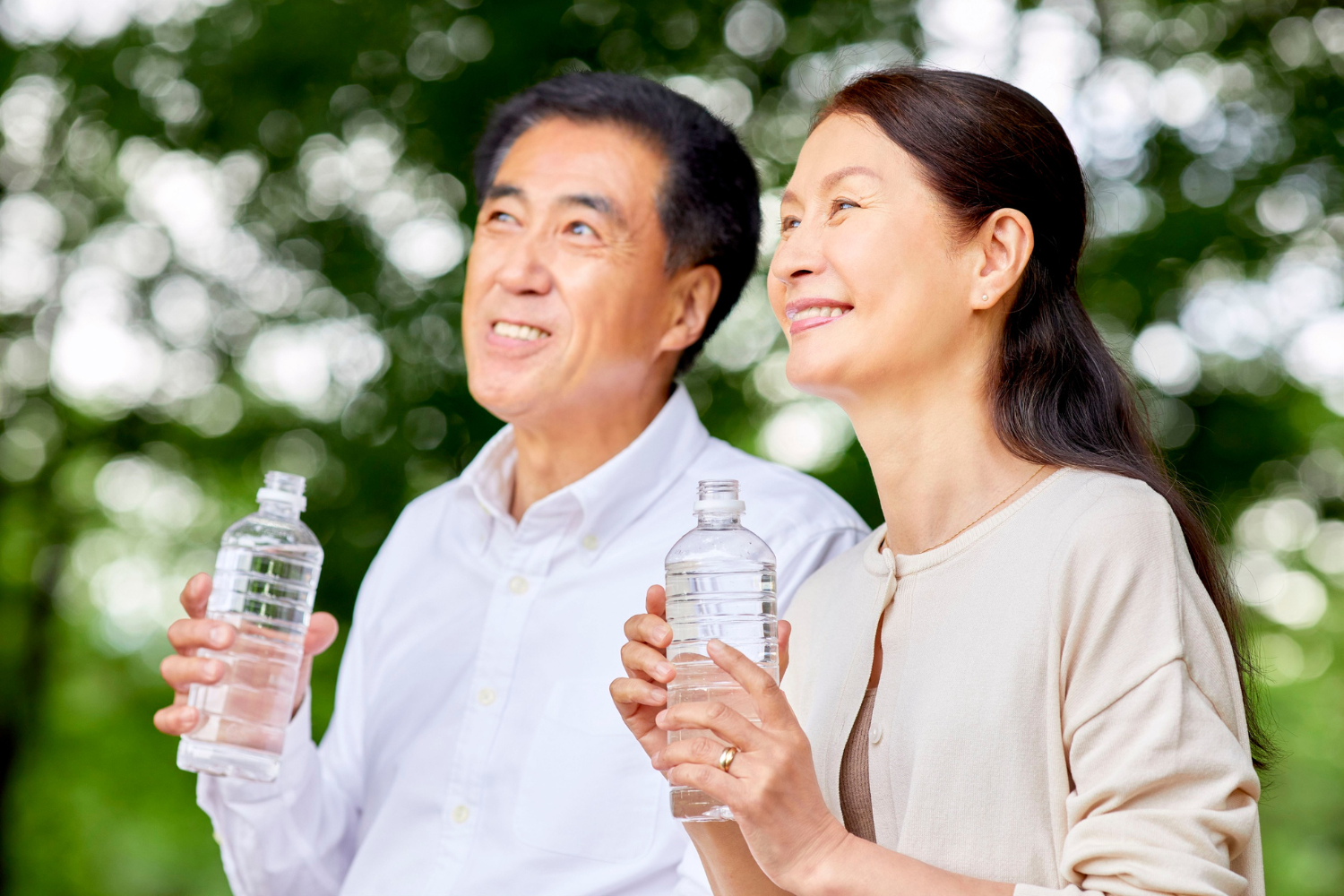Aging naturally increases the risk of dehydration. Factors like changes in the body’s fluid regulation, reduced thirst sensitivity, and certain medications make it genuinely difficult for seniors to maintain proper hydration and fluid balance. This is where electrolytes step in. They are essential minerals that are crucial for regulating everything from muscle function to blood pressure and overall cellular health.
When these electrolyte levels dip too low or spike too high, older adults may experience symptoms like muscle cramps or fatigue, which could indicate an imbalance and warrant medical attention.
Choosing the correct electrolyte beverages and ensuring adequate intake through whole foods, specialized water, or other safe drinks can help older adults maintain proper hydration and support overall fluid balance. This article explains exactly why electrolytes are so important in older age and highlights the best drinks to replenish them safely, focusing on options free of added sugar or artificial ingredients.
What Are Electrolytes and Why Do Seniors Need Them?
Electrolytes are vital minerals, including sodium, potassium, magnesium, and calcium. Their primary job is to help the human body maintain fluid balance, support muscle and nerve function, and enable energy metabolism. They operate within a complex system that keeps cells fully hydrated, helps manage hydration during even minimal physical activity, and assists in regulating blood pressure.
Older adults face an elevated risk of electrolyte imbalance. This is largely due to how medications, chronic medical conditions, and simply lower overall fluid intake can disrupt the delicate balance of these essential minerals. Without adequate electrolytes, seniors can struggle to remain healthy and may develop health issues that compromise their overall well-being.
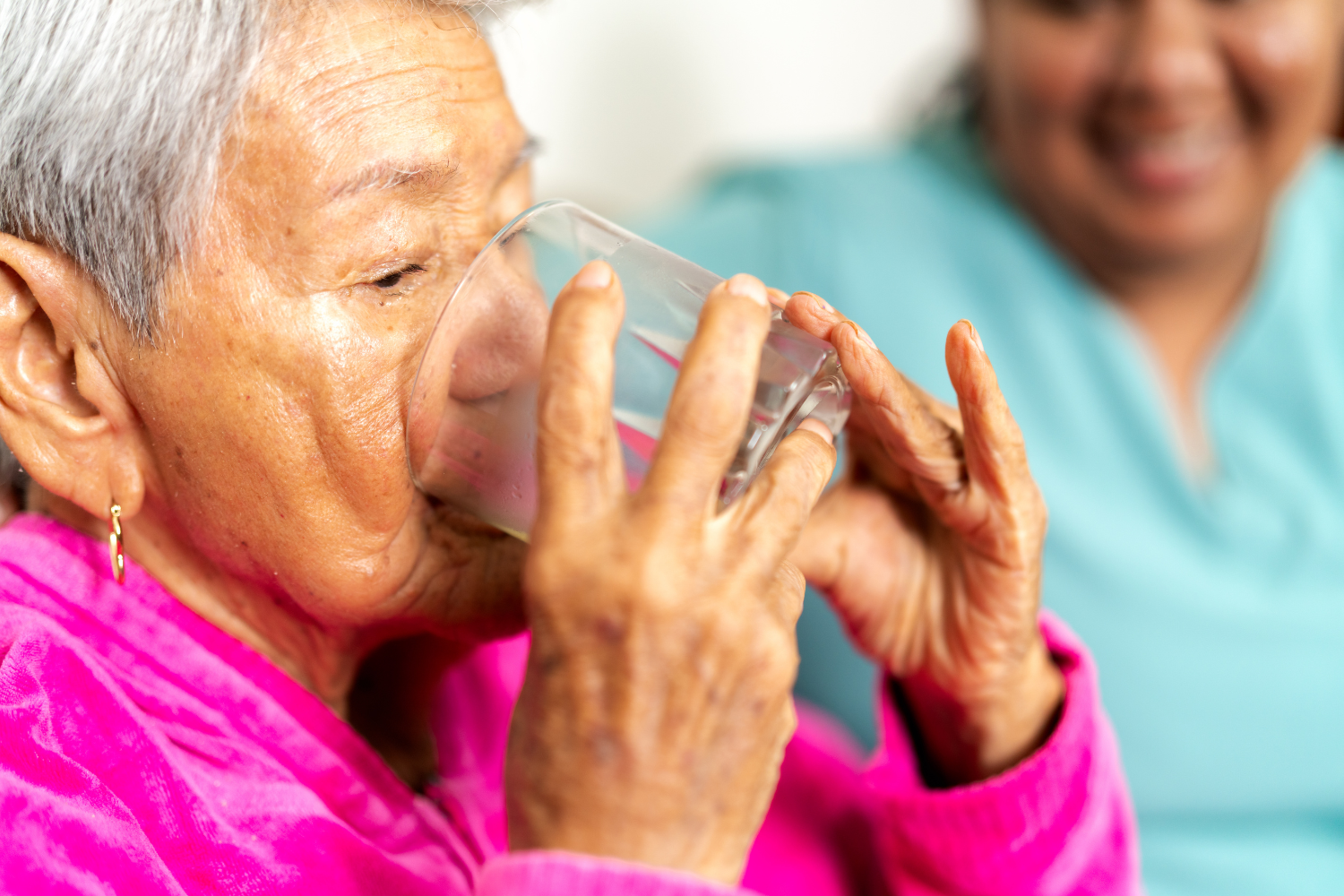
Recognizing the Signs of Low Electrolytes
An electrolyte imbalance is different from simple dehydration, although the two are frequently connected. Dehydration occurs when there is insufficient fluid intake, while an imbalance specifically involves not having the necessary quantities of all the electrolytes the body needs.
In older individuals, common signs of an issue include:
-
Dry mouth and dizziness following extended periods without fluids.
-
Fatigue or muscle cramps severe enough to interfere with normal daily movement.
-
Confusion or feeling lightheaded, which should always signal the need for prompt medical attention.
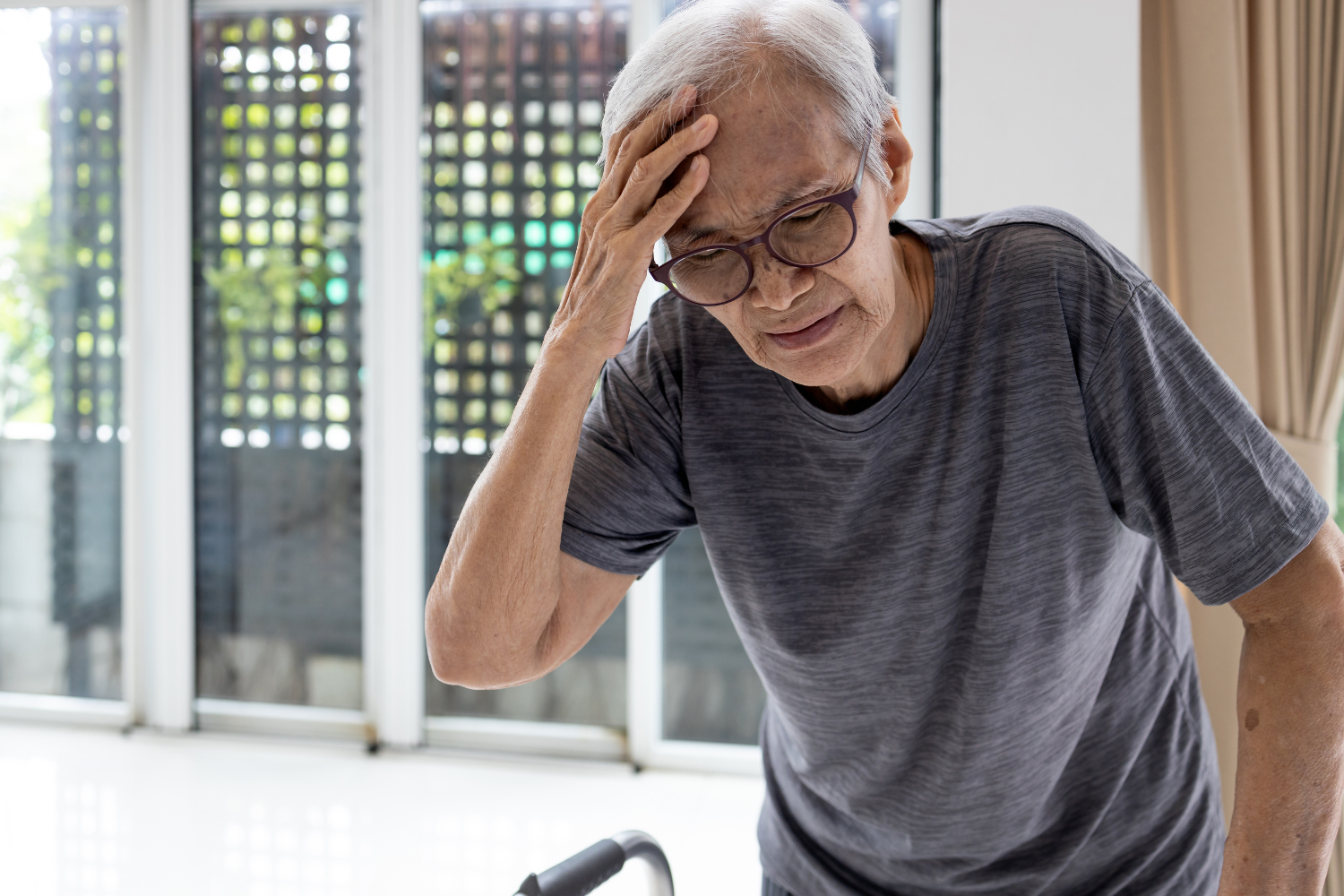
The Best Electrolyte Drinks for Seniors
Staying hydrated is not always as simple as drinking plain water. Older adults often require drinks that help replenish lost electrolytes without the drawbacks of excessive sugar or artificial components. The best choices are always simple, easily accessible, and designed to support healthy hydration and electrolyte balance.
Water with Added Electrolytes
Electrolyte water stands out as one of the cleanest and most dependable ways for seniors to replenish these minerals. These commercial drinks provide essential minerals without the added sugar or artificial ingredients found in many sports beverages, making them safe for consistent daily fluid intake. Zero-sugar options are especially beneficial for seniors needing to manage blood pressure or avoid unnecessary calories.
Coconut Water
Coconut water is a natural source of potassium and magnesium, two minerals critical for supporting fluid balance and muscle function. It offers a refreshing alternative to traditional sports drinks, which are often loaded with added sugar and artificial ingredients. However, seniors must always check the nutrition labels, as certain brands of coconut water include extra sugar that may undermine overall health goals.
Milk
Milk contains a range of electrolytes, along with protein and calcium, which contribute to overall nutrient intake. It also delivers protein and calcium, both vital for supporting muscle mass and bone health in older age. Its combination of macronutrients and electrolytes may help support normal energy metabolism and integrate well into a balanced diet. Seniors who tolerate dairy will find milk to be a convenient and nutrient-dense option.
Smoothies and Juices
Smoothies and fresh juices can be quite hydrating, particularly when they are prepared with fruits and leafy greens that naturally supply potassium and magnesium. These blended drinks are best when consumed alongside whole foods, as the fiber and other nutrients help to buffer potential blood sugar spikes. Choosing recipes with absolutely no added sugar makes homemade smoothies a healthy way to maintain electrolyte levels.
Specialized Electrolyte Powders or Mixes
Specialized electrolyte mixes offer a practical way to supplement electrolytes for those looking to enhance fluid and mineral intake beyond what plain water provides. Products like LyteShow, for example, are specifically formulated to support hydration and electrolyte balance without the excess sugar or unnecessary additives commonly found in standard sports formulations. These powders can be quickly stirred into water, offering a convenient option to help support hydration during periods of physical exertion or increased fluid loss.
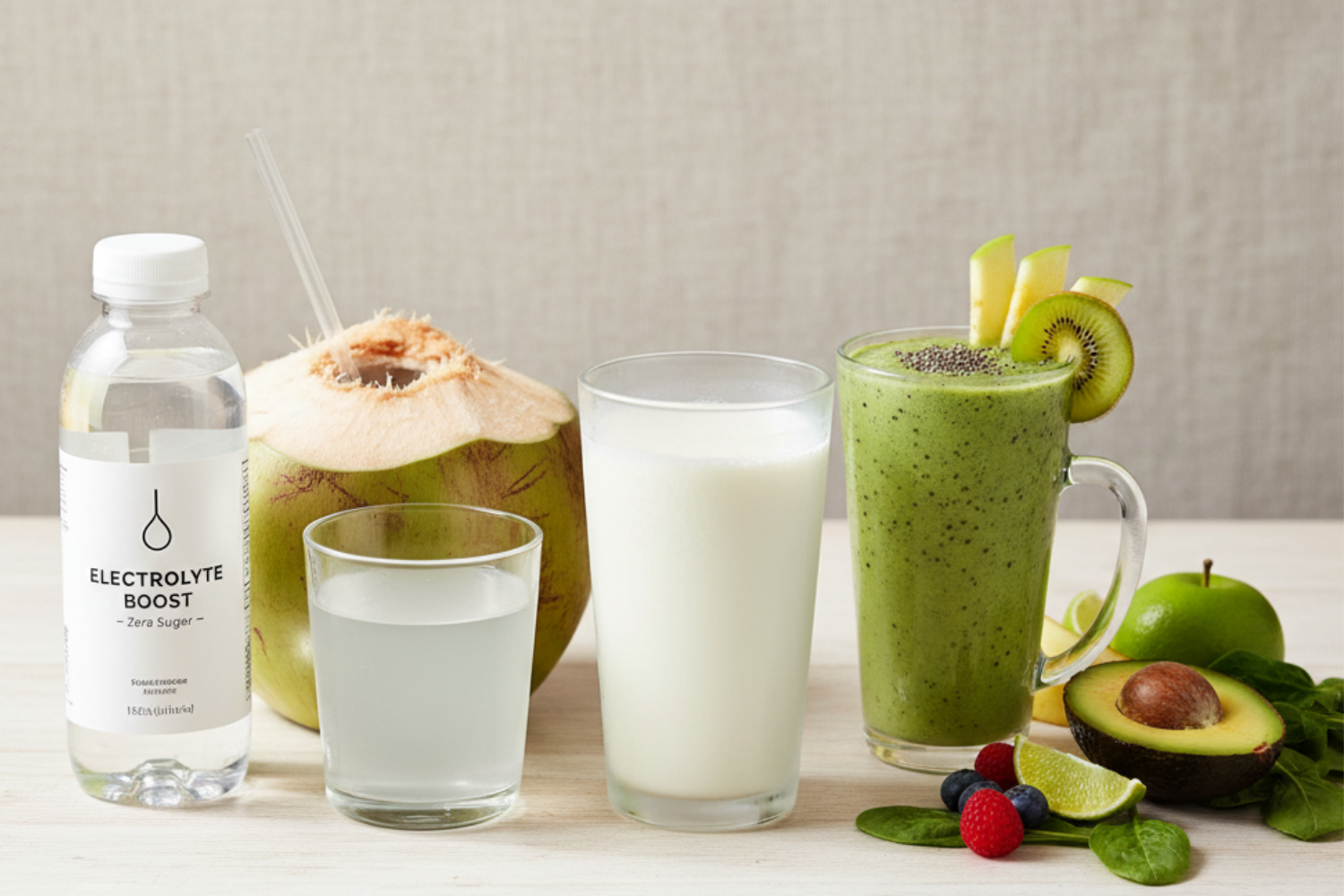
How Much Should Seniors Drink Each Day?
Most older adults benefit most from a steady water intake spread consistently throughout the day. Drinking sufficient fluids supports hydration and contributes to healthy fluid balance, and supports muscle function without risking volume depletion.
It is important to note that drinking too much can sometimes lead to volume overload or other health complications, especially for individuals managing conditions like high blood pressure or existing heart issues. Seniors can enhance hydration by regularly including foods with high electrolyte content, such as soups, leafy greens, and various fruits, which provide adequate fluids alongside essential minerals.
Practical Tips for Senior Hydration
Incorporating a few simple daily habits can support consistent hydration habits and help maintain balanced electrolyte levels.
-
Set reminders to drink at regular intervals to avoid long stretches without fluids.
-
Mix up the fluids with a variety of choices, such as water, unsweetened herbal teas, broth, or electrolyte water.
-
Pair hydration with routine activities like meals or taking medications to build a sustainable daily habit.
-
Make drinks accessible and appealing by keeping them readily available nearby throughout the day.
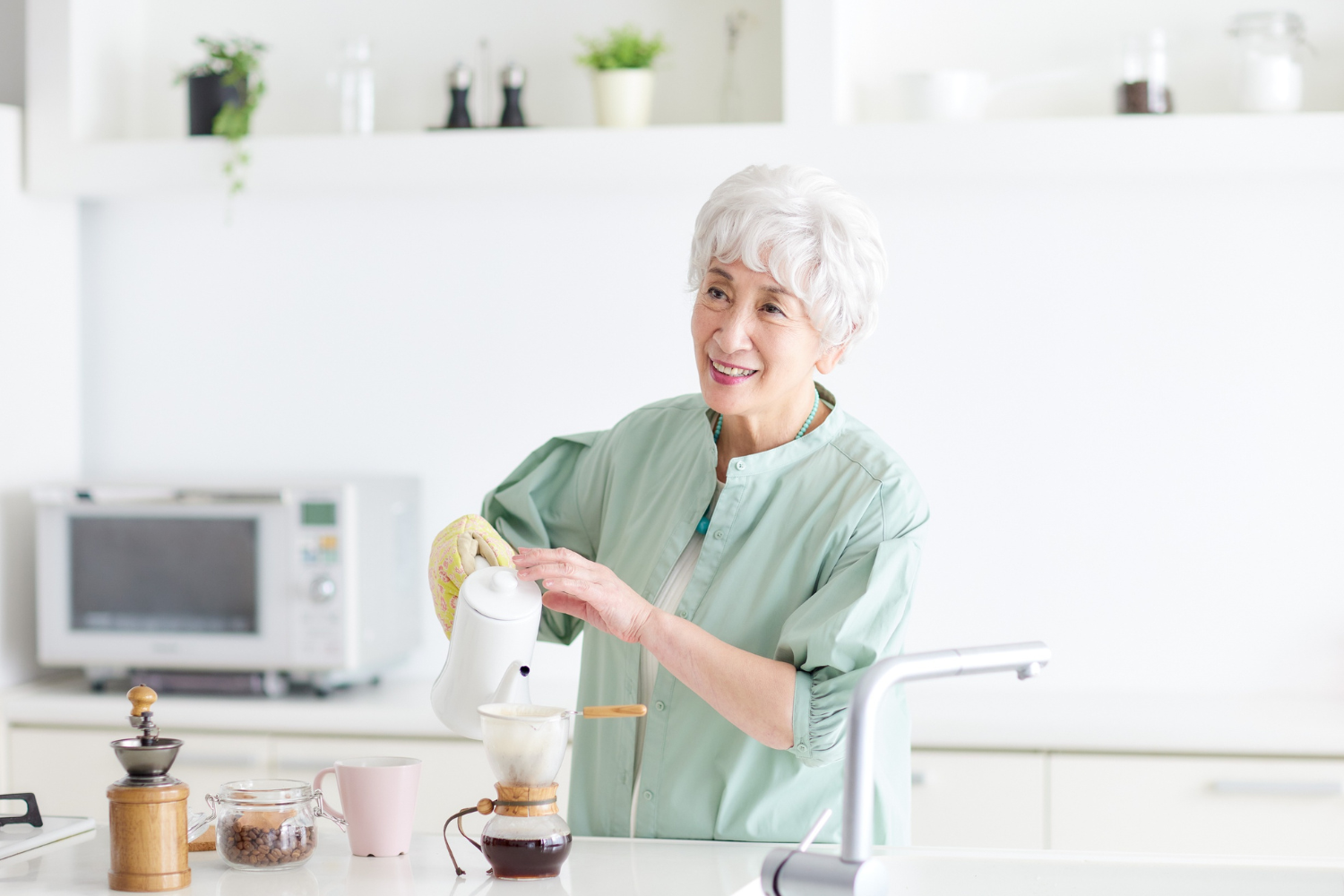
Supporting Senior Hydration With the Right Electrolytes
Electrolytes play a fundamental role in keeping older adults hydrated, balanced, and energized. Paying careful attention to overall fluid intake and thoughtfully choosing the right electrolyte drinks may support hydration and electrolyte balance, which are important for general well-being.
For seniors seeking a clean, balanced, and effective option, products like LytePow electrolyte mixes offer a straightforward way to support hydration and electrolyte balance without the unwanted sugar or artificial ingredients.
Frequently Asked Questions
What is the best electrolyte drink for seniors? Electrolyte water, natural coconut water, or specialized low-sugar electrolyte mixes are generally the safest and most effective choices.
How can you tell if an elderly person needs electrolytes?
Some signs may include muscle cramps or fatigue, but these symptoms can have many causes and should be evaluated by a healthcare professional.
Are standard sports drinks safe for older adults?
While sports drinks may be helpful in severe cases of volume depletion, many contain high amounts of added sugar and artificial ingredients that are not ideal for regular consumption by seniors.
Can seniors get enough electrolytes from food alone?
Whole foods such as pumpkin seeds, almonds, beet greens, and various fruits and vegetables provide essential electrolytes, but fluids are always still necessary for proper hydration and balance.
How much water and electrolytes should seniors have daily?
Most older adults require a steady, consistent fluid intake throughout the day and sufficient electrolytes from both drinks and foods. It is always best to seek specific guidance from a primary care physician to fit individual health conditions.
References
-
Clark, B. A., Shannon, R. P., Rosa, R. M., & Epstein, F. H. (1994). Increased susceptibility to thiazide-induced hyponatremia in the elderly. Journal of the American Society of Nephrology : JASN, 5(4), 1106–1111. https://doi.org/10.1681/ASN.V541106
-
El-Sharkawy, A. M., Sahota, O., & Lobo, D. N. (2015). Acute and chronic effects of hydration status on health. Nutrition reviews, 73 Suppl 2, 97–109. https://doi.org/10.1093/nutrit/nuv038
-
Hooper, L., Bunn, D. K., Abdelhamid, A., Gillings, R., Jennings, A., Maas, K., Millar, S., Twomlow, E., Hunter, P. R., Shepstone, L., Potter, J. F., & Fairweather-Tait, S. J. (2016). Water-loss (intracellular) dehydration assessed using urinary tests: how well do they work? Diagnostic accuracy in older people. The American journal of clinical nutrition, 104(1), 121–131. https://doi.org/10.3945/ajcn.115.119925
-
Liamis, G., Rodenburg, E. M., Hofman, A., Zietse, R., Stricker, B. H., & Hoorn, E. J. (2013). Electrolyte disorders in community subjects: prevalence and risk factors. The American journal of medicine, 126(3), 256–263. https://doi.org/10.1016/j.amjmed.2012.06.037
-
Sawka, M. N., Cheuvront, S. N., & Carter, R., 3rd (2005). Human water needs. Nutrition reviews, 63(6 Pt 2), S30–S39. https://doi.org/10.1111/j.1753-4887.2005.tb00152.x
-
Volkert, D., Beck, A. M., Cederholm, T., Cruz-Jentoft, A., Goisser, S., Hooper, L., Kiesswetter, E., Maggio, M., Raynaud-Simon, A., Sieber, C. C., Sobotka, L., van Asselt, D., Wirth, R., & Bischoff, S. C. (2019). ESPEN guideline on clinical nutrition and hydration in geriatrics. Clinical nutrition (Edinburgh, Scotland), 38(1), 10–47. https://doi.org/10.1016/j.clnu.2018.05.024

